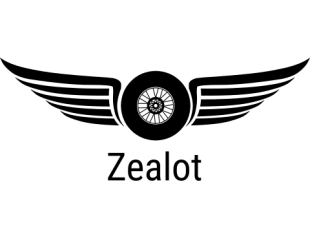LocoIndy76 said:
I'm am REALLY new at this so I hope these aren't stupid questions.
1) I currently have Bachmann EZ track and i wanted to know if ANY no decoder locomotive will run on it, or only Bachmann? At some point I would like to upgrade to an Atlas Locomotive.
Thanks for any help you can offer!
I'll answer question #1 since I'm not sure what couplers you are describing in #2. Some who model regularly in N scale might provide better answers.
Any N scale track will run any locomotive built to run on that gauge track. The track is not the determining factor about decoder-equipped locomotives.
There are 2 control systems currently in widespread use - DC and DCC.
DC controls the speed of the locomotive by varying the voltage on the track. The electric motor inside the locomotive is wired directly to the locomotive wheels to pick up the varying voltage. The higher the voltage, the faster a DC electric motor turns, and the faster the locomotive goes. Note that all locomotives that are on the section of track being powered receive the same voltage and polarity. The locomotives proceed at whatever speed that voltage produces (usually different for different locos), all in the same direction. A lot of effort goes into keeping each locomotive in electrically separate sections of track (called blocks) so that the locomotives can be independently controlled.
With DCC, the throttle and base station provide a series of alternating polarity fixed voltage DC pulses to the track. This provides both the digital commands to the decoders and power for the motor to be passed through the decoders. There is a decoder inside every DCC locomotive, usually with a unique address. With the throttle you select which locomotive you are addressing, and then send commands to that loco. The decoder interprets the commands and adjusts the power to the electric motor accordingly.
The problems come when you are using DCC controllers with a locomotive that has no decoder, or you are using DC controllers with locomotives that have decoders in them.
The first case - DCC controller with a locomotive with no decoder - depends on your controller. A few DCC controllers - Digitrax and Bachmann, maybe others - can run a DC locomotive, but usually not very well, and it makes quite a bit of noise. But you cannot let a DC loco sit still on DCC powered track without eventually damaging the motor.
The second case - DC controller with decoder-equipped loco (apparently the case you are asking about) - really varies with the decoder. Many newer decoders can auto-sense the controller and pass through a DC voltage to the motor. Some require particular configuration variables (CV) to be set instead of auto-sensing. The rest of the decoders cannot handle straight DC, and the magic smoke will disappear out of the decoder when left on DC power. The exception is that quite a few locomotives (I think Atlas does this) have a jumper plug that replaces the decoder and allows the loco to run on DC. Many decoder-equipped locos come with this jumper installed at the factory - the default is DC, not DCC. Read the instructions that come with your loco carefully!
yours in confusion

